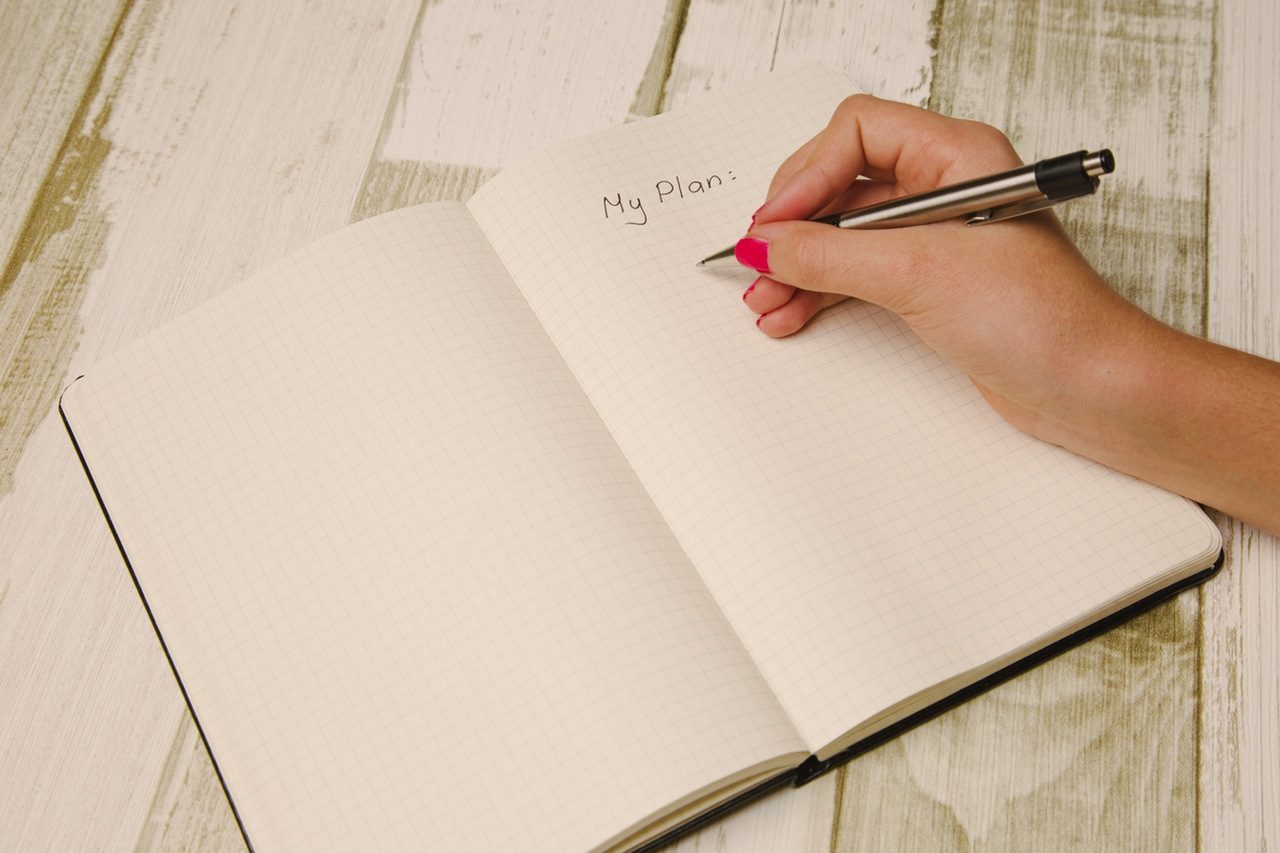
New Year’s Resolutions – Nope – Creating New Habits – Yes!
With the end of the year and the decade, there will be many lofty new year’s resolutions being made. Yet, studies have shown that less than 25% of people stay committed to their resolutions at the 30 day mark and that only 8% of people will be successful in sticking with them.
I love the work of Wendy Wood, professor and author of Good Habits, Bad Habits. Wendy has been studying people’s habits and how to change them for the last 30 years. Making a resolution involves a decision to shift your behaviour, but in order to maintain the new behaviour you need to shift your focus to developing new habits. It’s through habit formation that the new behaviours become automatic. That means you no longer need to spend so much energy thinking about them and how to engage in them. Habits develop from what you do – not from what you think, or decide you would like to do. This is how the brain codes new behaviours.
So how do we create new habits or change old ones? Research has identified three key areas for habit-forming.
- Context – Context is everything around you. It’s your location, the time of day, the people you’re around and your own behaviours. Its everything that is external to you. If you’d like to eat healthfully over the holidays, you might want to avoid going into the kitchen at work, which is filled with holiday treats. Instead choose to eat elsewhere – and better still – choose to go somewhere else with a supportive buddy. We tend to underestimate the influence that our environment has on our behaviours.
- Repetition – Habits require consistency of behaviour. Habits are conditioned responses and are developed by doing the same behaviour many times over. Charles Duhigg, author of The Power of Habit says to begin by picking a small action, pair a new habit with an existing habit, and make it relatively easy to do – at least in the early days. It may surprise you to know that most habits are not created in 21 days but can take up to six to nine months. Watch Duhigg’s short video on habit formation here.
- Rewards – Humans are wired to experience rewards. In order to develop new behaviours, we need to have a reward system in place which releases dopamine, motivating us to repeat the behaviour. It’s important to reward yourself immediately as delayed rewards don’t release dopamine. In fact, the best reward system is when you actually enjoy the activity or behaviour itself – creating an intrinsic reward system. The next time you choose to exercise, ensure its an activity that you enjoy or make it more enjoyable in your own way.
As a Resilience and Health coach, I am happy to support you in your 2020 goals to create the behaviours and habits that you desire! Feel free to contact me to schedule a free 30 – minute consultation here.



